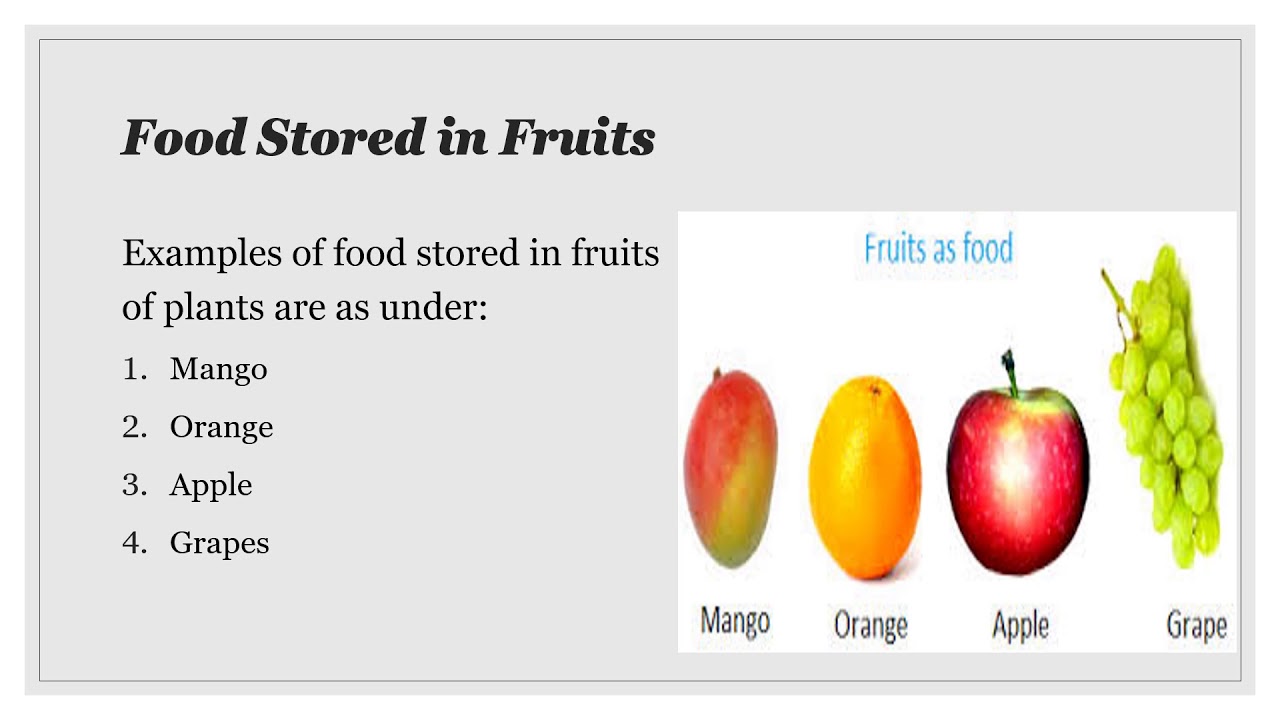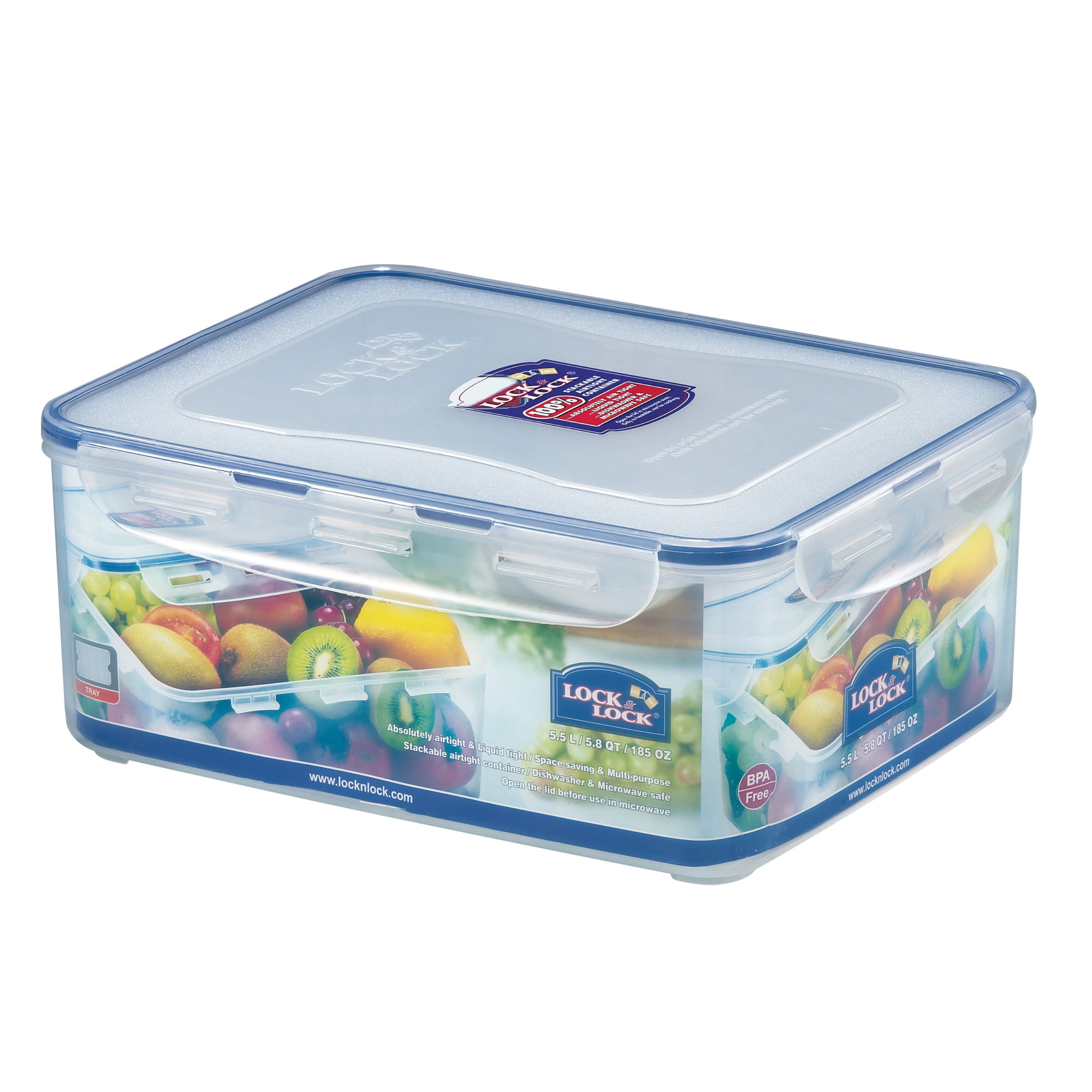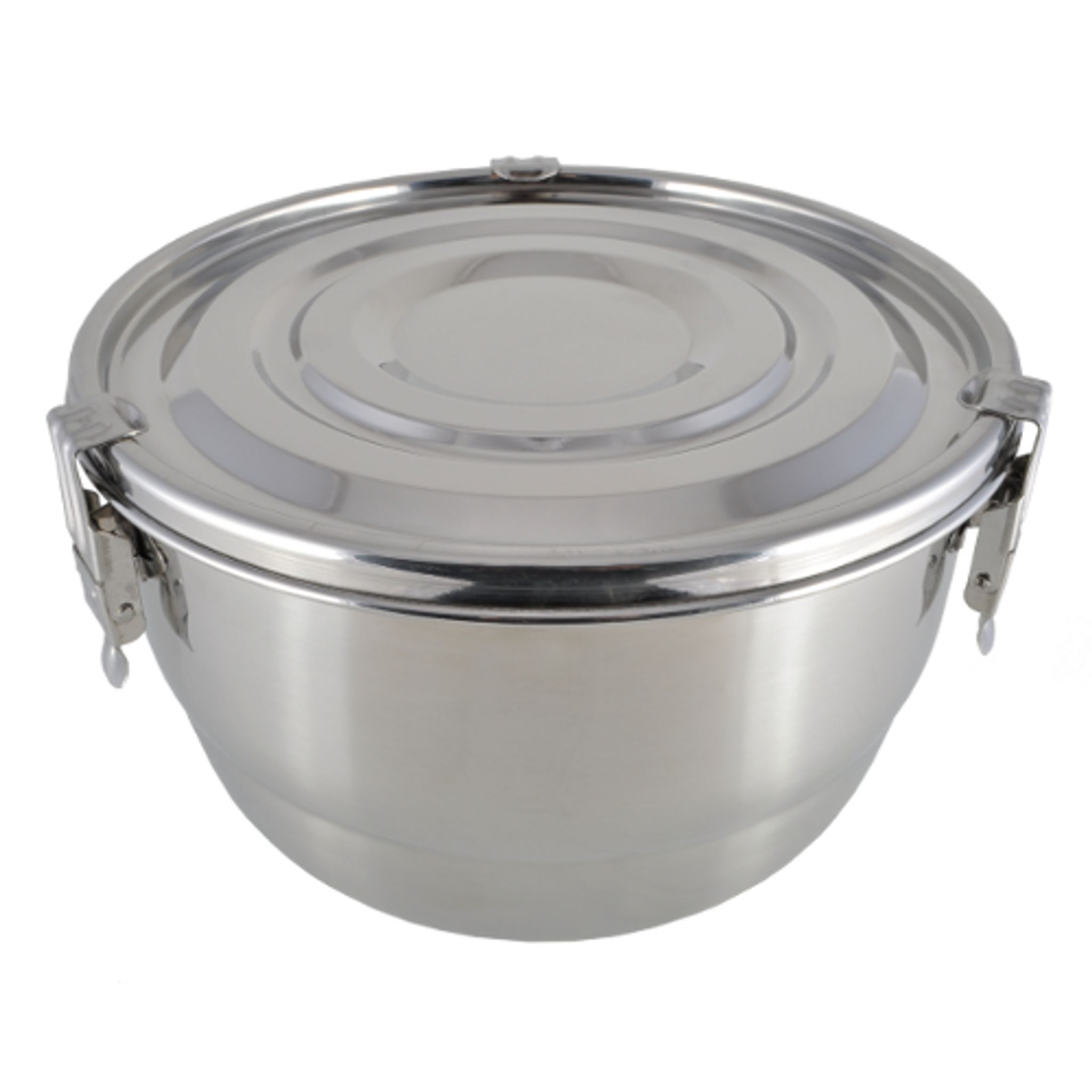Are Sterilite Storage Containers Food Safe? A Comprehensive Analysis
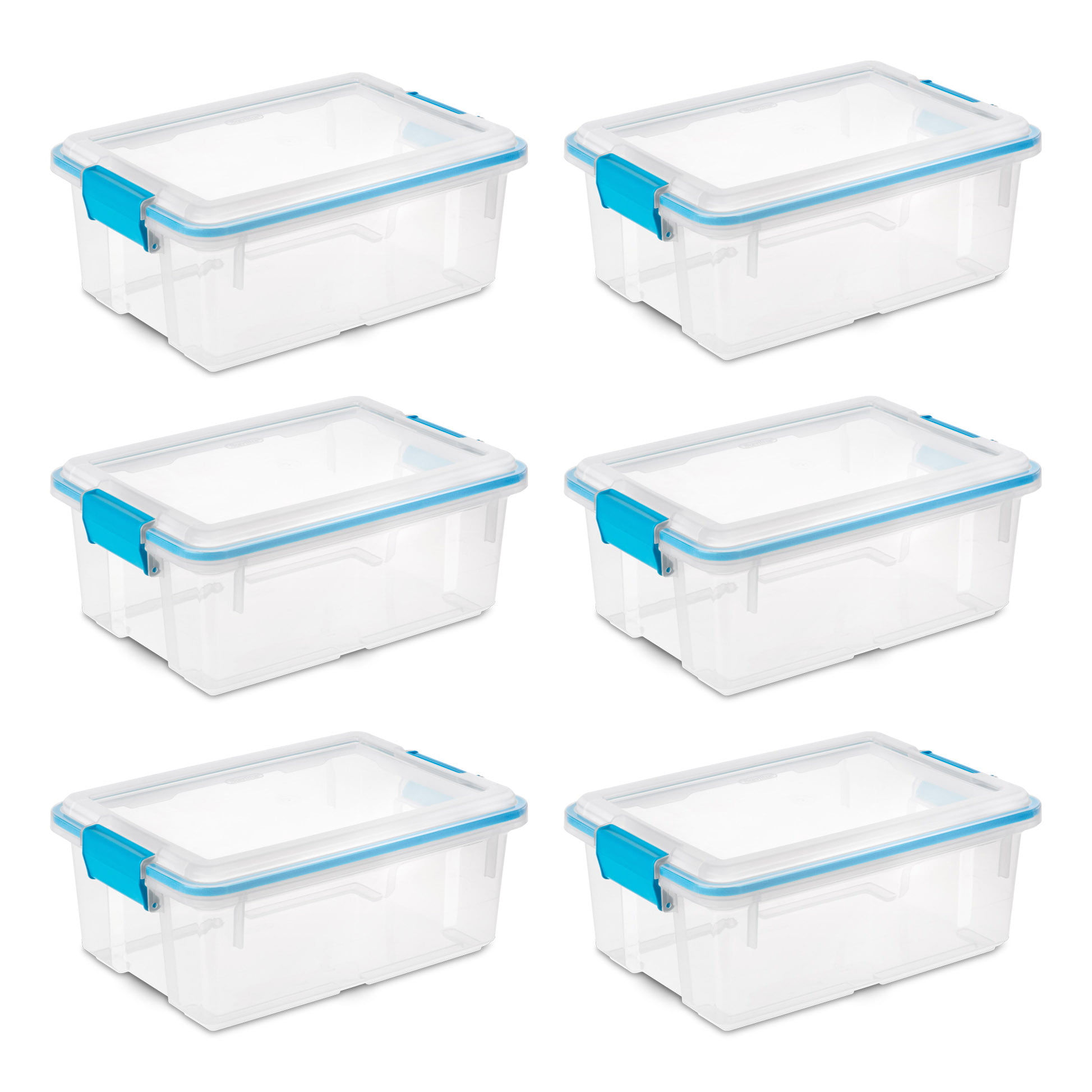
Sterilite storage containers are a popular choice for organizing and storing food items due to their durability, transparency, and ease of use. However, many consumers are concerned about whether these containers are safe for food storage. This article aims to provide a comprehensive analysis of the safety of Sterilite storage containers for food use.
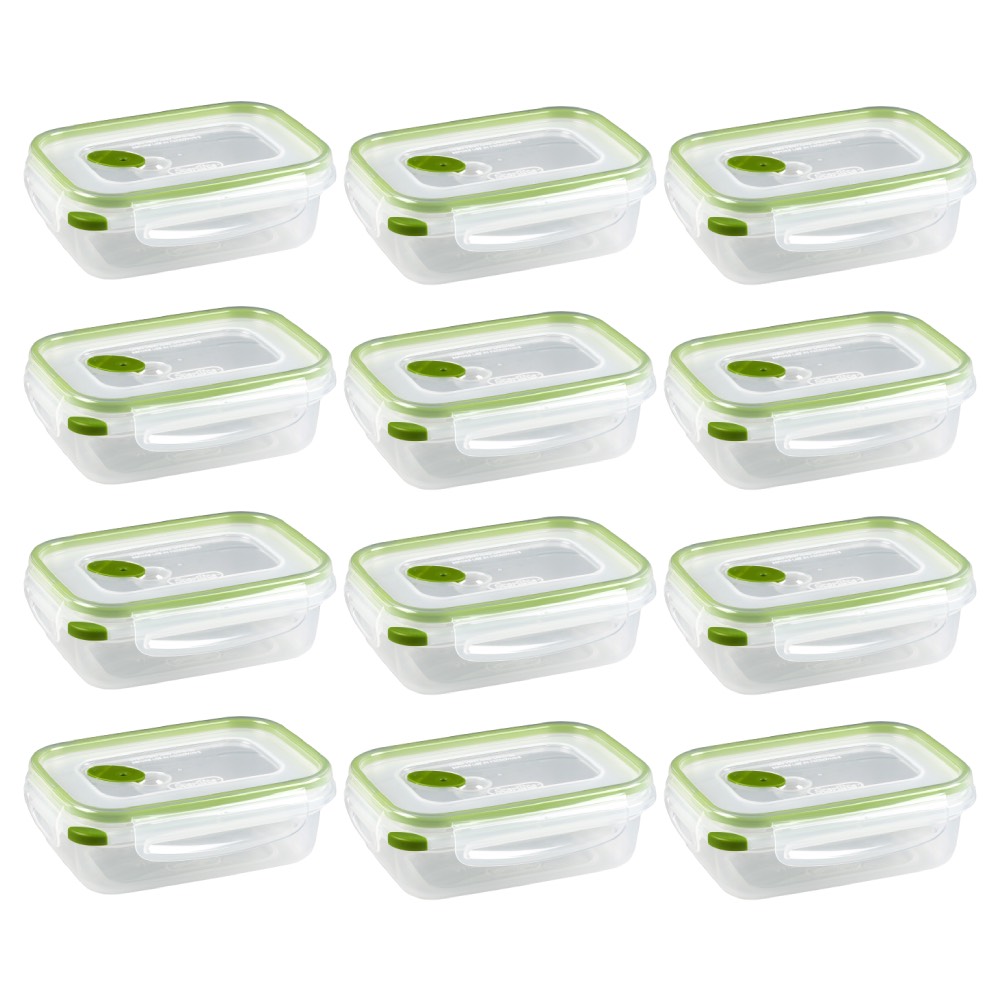
Material Composition
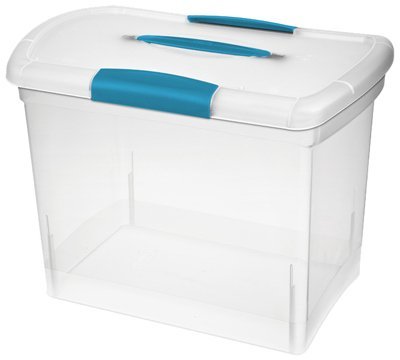
Sterilite storage containers are typically made from a type of plastic known as polypropylene (PP). Polypropylene is a widely used plastic that is considered safe for food contact by regulatory agencies such as the U.S. Food and Drug Administration (FDA) and the European Food Safety Authority (EFSA). Polypropylene is known for its durability, resistance to heat and chemicals, and lack of leaching into food.
BPA and Phthalates
Bisphenol A (BPA) and phthalates are two chemicals that have raised concerns regarding their potential health effects. BPA is an industrial chemical used in the production of some plastics, while phthalates are commonly used as plasticizers to make plastics more flexible. Both BPA and phthalates have been linked to a range of health concerns, including endocrine disruption and developmental toxicity.
Sterilite storage containers are BPA-free and phthalate-free. This means that these containers do not contain these chemicals and are considered safe for food storage.
Temperature Considerations
Sterilite storage containers are designed to withstand a wide range of temperatures, making them suitable for storing food in various conditions. However, it is important to note that extreme temperatures can compromise the integrity of the plastic and potentially lead to leaching of harmful chemicals.
For optimal safety, Sterilite storage containers should be used within the recommended temperature range specified by the manufacturer. This typically includes temperatures between -40°F (-40°C) and 160°F (71°C).
Proper Cleaning and Maintenance
To ensure the safety of food stored in Sterilite containers, it is essential to clean them properly. Containers should be washed thoroughly with warm soapy water before first use and after each subsequent use. Harsh chemicals or abrasive materials should be avoided as they can damage the plastic and lead to leaching.
Sterilite storage containers are top-rack dishwasher safe, making them convenient to clean. However, it is important to check the manufacturer’s guidelines for specific instructions on cleaning and maintenance.
Usage Recommendations
Sterilite storage containers are intended for storing food items, but it is crucial to follow certain usage recommendations to maintain food safety. These recommendations include:
- Avoid storing food in Sterilite containers for extended periods. Long-term storage, especially at elevated temperatures, can increase the risk of leaching.
- Do not microwave Sterilite containers with food inside. Microwaving can generate high temperatures that can cause the plastic to degrade and leach harmful chemicals into the food.
- Do not store hot food directly into Sterilite containers. Allow hot food to cool to room temperature before placing it in the container. Extreme temperature changes can compromise the integrity of the plastic.
Conclusion
Based on the analysis of material composition, safety standards, temperature considerations, and usage recommendations, it can be concluded that Sterilite storage containers are generally considered food safe when used properly. They are made from safe materials, are BPA-free and phthalate-free, and can withstand a wide range of temperatures. However, it is essential to follow proper cleaning and usage guidelines to ensure the safety of stored food.







